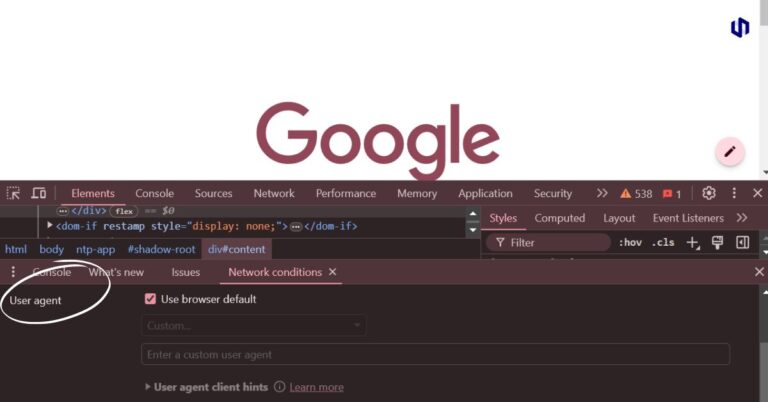
Cracking the YouTube Algorithm for Shorts: A Deep Dive
YouTube Shorts, the platform’s answer to short-form video content, has taken the world by storm. Understanding the YouTube algorithm is crucial for creators looking to maximize their reach and engagement on this dynamic platform. By the end, you’ll have a solid grasp of the factors influencing Shorts’ visibility and discoverability.




